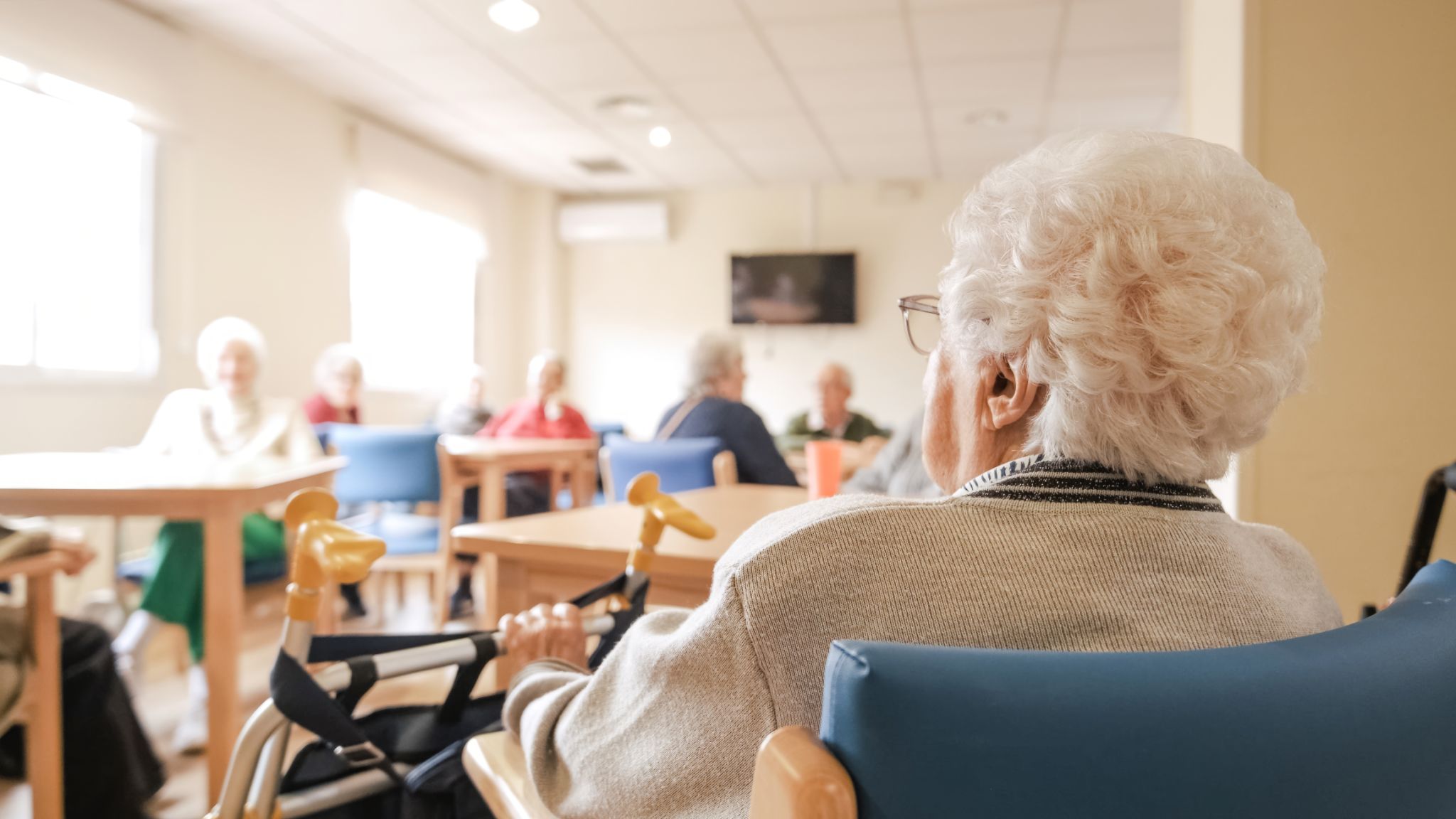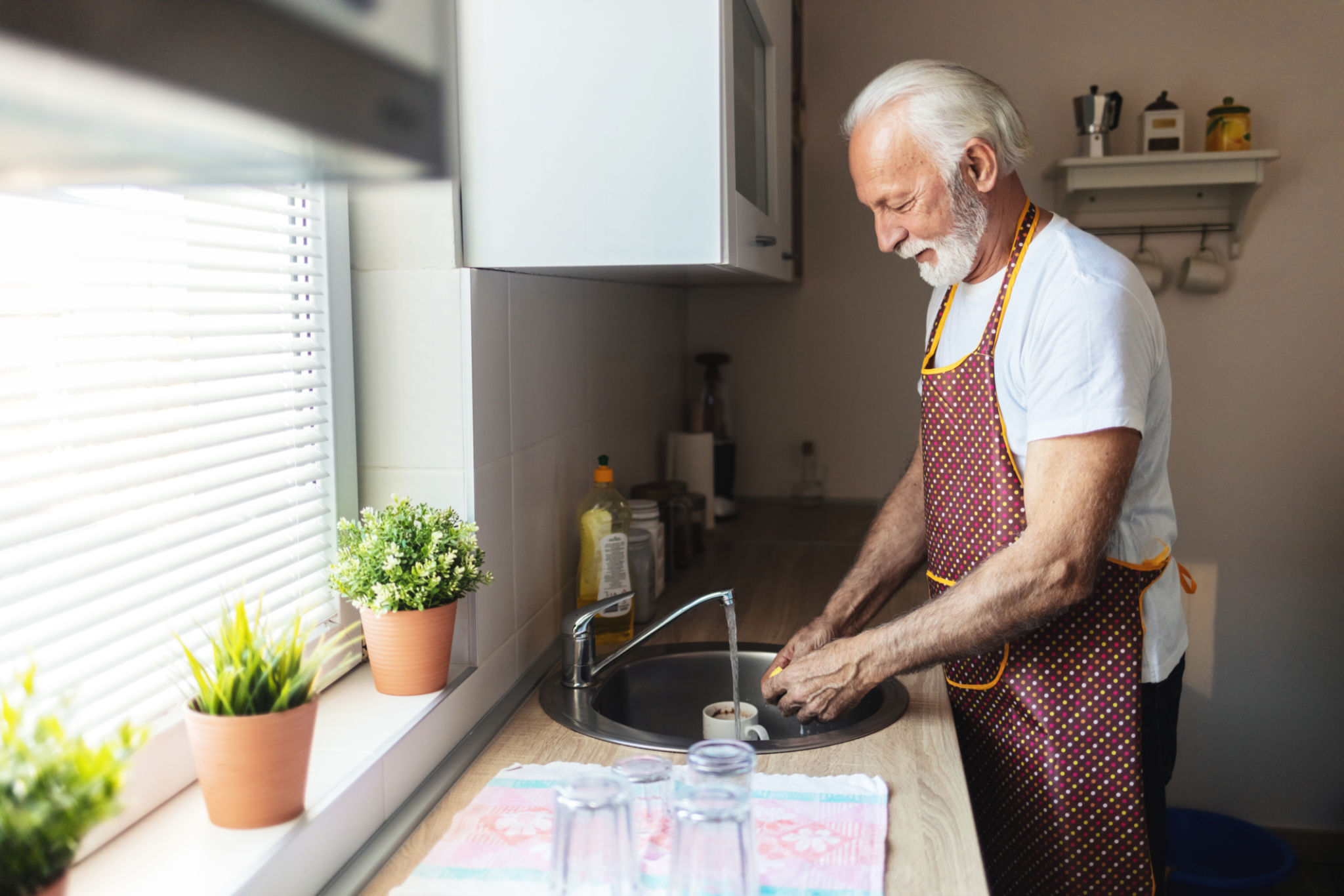The Role of Personal Care Homes in Enhancing Senior Well-being
Understanding Personal Care Homes
Personal care homes have become an essential component in the fabric of senior care, offering a unique blend of personalized attention and community living. These facilities are designed to cater to the needs of seniors who require assistance with daily activities but do not need intensive medical care. By providing a safe and comfortable environment, personal care homes play a crucial role in enhancing the well-being of older adults.

Personalized Attention and Care
One of the primary benefits of personal care homes is the individualized care they offer. Caregivers in these facilities are trained to understand and respond to the specific needs of each resident. This personalized attention ensures that seniors receive the appropriate level of assistance, whether it’s with medication management, meal preparation, or personal hygiene. The tailored approach in personal care homes not only improves physical health but also boosts mental and emotional well-being.
Fostering Social Connections
Isolation and loneliness are significant concerns for many seniors, often leading to declines in mental health. Personal care homes offer a solution by creating a community environment where residents can interact and form meaningful relationships. Many facilities organize group activities, social events, and recreational programs to encourage engagement and interaction among residents. This sense of community can greatly enhance a senior's quality of life by providing opportunities for socialization and friendship.

The Importance of Safety and Security
Safety is a top priority in personal care homes. These facilities are equipped with features such as handrails, emergency call systems, and non-slip flooring to prevent accidents. Additionally, staff members are available around the clock to assist residents and respond to emergencies. This level of security provides peace of mind for both residents and their families, knowing that help is always available should it be needed.
Promoting Independence
While personal care homes offer necessary support, they also emphasize promoting independence among residents. Seniors are encouraged to participate in daily activities to the best of their abilities, which helps maintain their sense of autonomy and dignity. By supporting independence while providing necessary assistance, personal care homes create a balanced environment where seniors can thrive.

Enhancing Physical and Mental Health
Personal care homes contribute significantly to the physical and mental health of seniors. Residents often have access to exercise programs tailored to their abilities, as well as nutritious meals designed to meet dietary needs. Additionally, many homes offer mental health support through counseling services or therapeutic activities that help reduce stress and anxiety. This holistic approach ensures that seniors receive comprehensive care for both body and mind.
The Role of Family Involvement
The involvement of family members plays a vital role in enhancing the well-being of seniors in personal care homes. Families are encouraged to visit frequently and participate in care planning meetings. This collaborative effort ensures that the care provided aligns with the resident’s preferences and needs. Family involvement also strengthens the bond between residents and their loved ones, providing emotional support that is crucial for overall well-being.
Conclusion
In conclusion, personal care homes are instrumental in enhancing senior well-being by providing personalized care, fostering social connections, ensuring safety, promoting independence, and supporting both physical and mental health. As our population ages, these facilities will continue to play a vital role in meeting the diverse needs of older adults, ensuring they live their golden years with dignity and joy.